Is there anything in my yard that I *can* compost?
marleigh
15 years ago
Related Stories

GARDENING GUIDESGet on a Composting Kick (Hello, Free Fertilizer!)
Quit shelling out for pricey substitutes that aren’t even as good. Here’s how to give your soil the best while lightening your trash load
Full Story
DECORATING GUIDESBulletproof Decorating: Upholstery That Stands Up to Anything
Kids and pets are no match for fabrics as durable as these, which meet higher style standards than ever
Full Story
LIFEThe Polite House: How Can I Tell a Construction Crew to Pipe Down?
If workers around your home are doing things that bother you, there’s a diplomatic way to approach them
Full Story
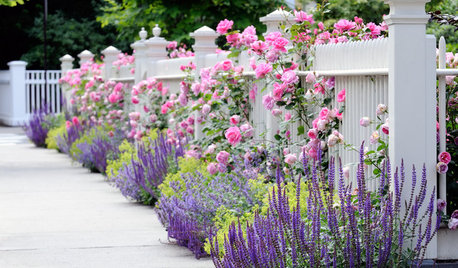
GARDENING GUIDES10 Tips to Start a Garden — Can-Do Ideas for Beginners
Green up your landscape even if you're short on time, money and knowledge, with these manageable steps for first-time gardeners
Full Story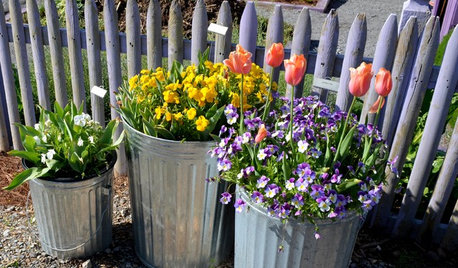
EDIBLE GARDENSSee How a Practical Garden Can Be a Visual Treat, Too
A university edible garden overflows with ideas for growing produce and flowers in containers, beds — or a pickup truck
Full Story
HOUSEKEEPING10 Chores You Can Whip Through During Commercials
Use ad time for getting tasks done, and it’s like fast-forwarding your house into cleanliness
Full Story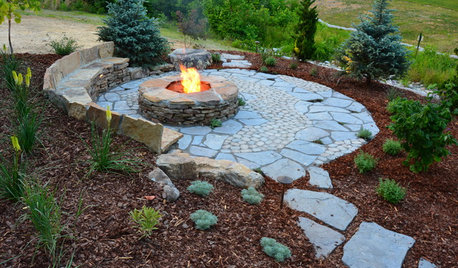
HOLIDAYS10 Ways Your Christmas Tree Can Live On After the Holidays
Learn how to recycle your Christmas tree and reap benefits for the environment
Full Story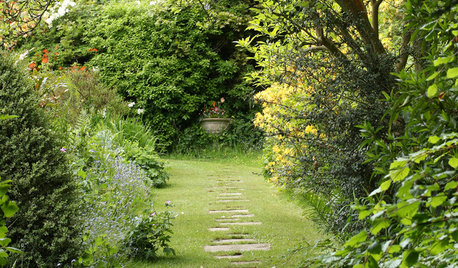
GARDENING GUIDES3 Easy Ways You Can Garden for Nature
Your choice of plants can help wildlife while cleaning the air and water
Full Story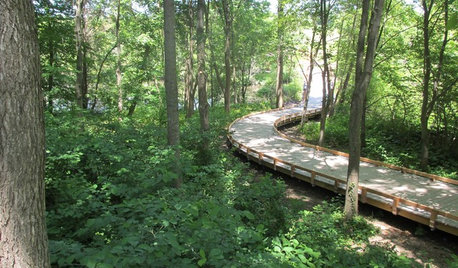
INSPIRING GARDENSWhat We Can Learn From Longwood Gardens’ New Meadow
Sustainability, ecology, native plant communities ... this public garden is brimming with lessons on horticulture for home gardeners
Full Story






stoloniferous
duluthinbloomz4
Related Professionals
Lowell Landscape Architects & Landscape Designers · Middle River Landscape Architects & Landscape Designers · North New Hyde Park Landscape Architects & Landscape Designers · Suffern Landscape Architects & Landscape Designers · Wilmington Landscape Contractors · Bloomington Landscape Contractors · New Berlin Landscape Contractors · Tehachapi Landscape Contractors · University City Landscape Contractors · Westchester Landscape Contractors · Irvington Landscape Contractors · Baker Decks, Patios & Outdoor Enclosures · Huntington Decks, Patios & Outdoor Enclosures · Pittsburgh Decks, Patios & Outdoor Enclosures · Quincy Decks, Patios & Outdoor Enclosuresdigdirt2
Kimmsr
bob64
joepyeweed
cynthia_h
led_zep_rules